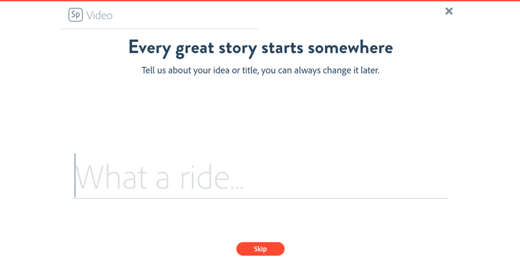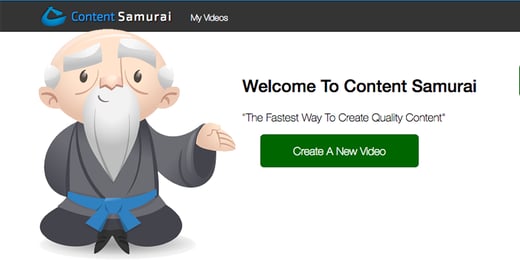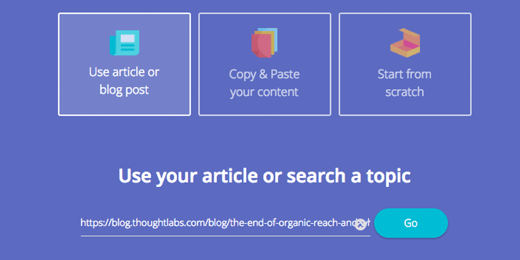Just a few hours ago, a post on Harvard Business Review was brought to my attention. Dan Zarrella claims to have spent months creating a formula which accurately measures the value of a like on Facebook. So, has Mr. Zarrella discovered the Holy Grail of Facebook ROI, or is this measurement a dud? Let's take a closer look. You can find the formula over at HBR, and there's also a calculator you can just plug your numbers in at valueofalike.com
It's natural to want to put an inherent value on a like, because it's the most common interaction we encounter on Facebook. However, does a like really have any inherent value in and of itself? I know that social media can be measured, and that it should be measured. I spend quite a bit of time measuring it, actually. However, I believe in measuring smarter, not harder. There are so many metrics available to us on Facebook, we can't measure them all, and we certainly don't want to spend our valuable time measuring junk that isn't important to us, doesn't align with our goals, or that we're not interested in influencing. So, should we bother with measuring the value of a like, and if so, is this formula the key?
- I'll say it again, a like is the most common interaction. It has a low barrier to engage. Compare this with other types of engagement. To leave a (meaningful) comment, you must first click-through to a link, read the text of the post, or read other comments before you contribute. To share, you must feel something is valuable or interesting enough to want to share it with others. To like something, you don't really have to do anything but click a button. I like friends statuses when something good happens to them, I might like certain things that I see from brands, but after I like those things, I usually don't give it another thought. Unless that was a promoted post I just liked, my friends aren't going to hear about it on Facebook. Just because I like a status from a brand today doesn't mean that I'll buy from that brand today, or for the rest of the year, or ever for that matter.
- What is the use in measuring the value of the like, when you don't understand the value of the more useful comment or share? Or if you don't have a measurement for the relationship between explosive viral spread from shares naturally increasing the number of likes. And then what are you measuring, the value of a like, the value of exponential viral spread, the value of a share? One (deeply flawed) measurement of only one of the ways people engage with your brand is pretty meaningless if there is no comparison with the other types of engagement.
- This formula is positioned as "The value of a like." It certainly provides a value, but it's not the value of a like.This is a problem. The formula takes a very specific goal (increasing conversions by driving traffic from Facebook to an e-commerce store), and presents it as "the value of a like." That's such a broad value for such a specific little formula which only applies to one way you could use your social properties. The formula provides you with something, but what you're given is not what you were promised.
- On a side note, if you'd like to use Facebook to make hard sells and drive traffic to an e-commerce site as your primary goal, you can make that a business goal and use the available metrics to track your success. In this case you may find some use for this formula. However, a word of caution, people do not come to Facebook to be advertised to, so if you're planning on always leading with the hard sell, well then at least this formula will have you looking at your churn each week. ;)
There is a right way and a wrong way to measure the ROI of Social Media. Setting goals that are valuable to your business and using the available metrics to understand how well you are achieving those goals and using that data to work out how you can do better is the right way. Creating complicated formulas that don't account for many important factors, and are only valuable if your fan page is used primarily to drive traffic to an e-commerce site (not exactly a best practice), to measure the value of the lowest common denominator of interaction on Facebook and assign it an arbitrary "value" is the wrong way.
So, if this isn't how you should measure the value of a "like," then what is?
The value of a like is in understanding what type of content resonates well with your Facebook community. It's a useful measurement for that, because people usually "like" the things they truly enjoy. However, it's important to keep in mind that just because a fan liked your post doesn't necessarily mean that person cares about your attached link, or is going to participate in your promotional sale. The number of likes can be influenced by something as simple as the quality and type of photo attached to the very same post. You can post the same copy with two different photos, and one will perform better if that photo resonates better. In my mind, likes are the most "valuable" when they're in their extremes. If a post receives far below the average number of likes your brand typically receives, then something is obviously wrong. Did you time your post poorly? Is there a problem with your reach? Is there something about your content that just didn't resonate or even just pissed off your fans? These are valuable questions that having below average likes would posit , which will lead to valuable answers for your community, so in that way, a like does have a value. In this scenario, it's valuable because it makes you think critically about why your content is performing a certain way. Is this particular value measurable? Sure, you can measure anything if you give it enough time and thought. The real question should be "Is that measurement useful to me? Will it enable to me to influence my fans in a positive way or understand how and why I'm reaching my business goals?"
As for a "like" in the sense of a new fan liking your page, the "value" in any fan can vary hugely from another. One fan may be a very active brand advocate who contributes to discussions, refers new fans, and makes your page a vibrant community. Another may be an influencer with a large audience (such as a popular blogger), who enjoys your products or services and occasionally shares your messaging with his audience, multiplying your reach for free. Still another fan may be a lurker who never engages with your brand and may not even see your posts in his or her newsfeed. As with any other measurement, there's no one size fits all solution, no Holy Grail of social media ROI. You need to first understand what you want to accomplish for your business with the help of your fans, then, and only then, can you start figuring out what they're worth to you.
Essentially, measuring the ROI of Facebook or other social channels will never be a one size fits all solution with easy numbers you plug into a formula (or an online calculator that does the math for you) and then "BAM!" you're done. It's a puzzle that you must solve. The value of every campaign is another puzzle within the puzzle. Others can give you hints, but it's ultimately up to you to figure it out for yourself. The perfect blend of science, art, and critical thinking. And that's why I love it.
Nov 25, 2012



